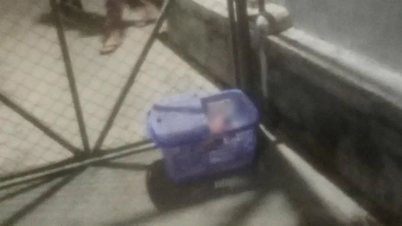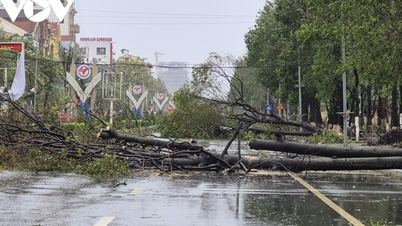Countries in Europe are looking at new ways to tackle the problem of underage hackers with a variety of prevention and rehabilitation programs. Some countries have harsh penalties for illegal hacking, but with so many hackers under 30, is jail really the solution to cybercrime?

“Cybercrime knows no age,” said Mike Jones, a former hacker who goes by the alias H4UNT3D Hacker. “And unfortunately, innocent, vulnerable children are the ones who end up committing cybercrime.” Most European countries have no laws on juvenile crime, so the focus is on rehabilitation and prevention. Crime agencies and police forces across Europe have established schemes to introduce young hackers to legal and often highly paid forms of hacking.
After seeing more and more young criminals getting into trouble for illegal hacking, the Dutch police decided it was time to take a different approach. “We work with private companies, the public sector and teachers to make kids more aware and inform them about what is illegal and the consequences for them and their victims,” explains Floor Jansen, head of the Dutch police’s Cybercrime Unit (COPS). “This way, at least they can make an informed choice, whether they become criminals or white hat hackers.”
To engage young people, COPS has set up HACK_Right, a rehabilitation program for first-time offenders between the ages of 12 and 30. “The aim of the project is to teach offenders how they can use their IT skills effectively,” says Jansen.
The Dutch model has been replicated in countries such as Denmark and Finland. Finnish police introduced the Escape Cybercrime Project in 2020. Targeting youth aged 12 to 25, the activity aims to steer young people away from criminal activity.
In the UK, the National Crime Agency (NCA) held its first cybercrime weekend camp in 2017. The weekend course, run by Cyber Security Challenge UK, introduces ex-offenders to legal ways to use their skills, such as working in the cybersecurity field. The NCA also launched Cyber Choices, an online portal that educates parents and guardians about the risks of cybercrime and how to guide their gifted children down the right path, while ensuring they are aware of the consequences of engaging in illegal activities.
The study, “Youth pathways into cybercrime,” by Europol, found similarities between hacking and addiction to substances such as drugs and alcohol, due to the rapid release of dopamine that hacking causes. Although rehabilitation is often difficult, Dutch police chief F. Jansen believes that intervention is always preferable to imprisonment: “As law enforcement, we must be there from the start to implement preventative interventions, not just arrest and pursuit.”
LAM DIEN
Source




![[Photo] Hanoi morning of October 1: Prolonged flooding, people wade to work](https://vphoto.vietnam.vn/thumb/1200x675/vietnam/resource/IMAGE/2025/10/1/189be28938e3493fa26b2938efa2059e)






























![[Photo] President Luong Cuong receives President of the Cuban National Assembly Esteban Lazo Hernandez](https://vphoto.vietnam.vn/thumb/1200x675/vietnam/resource/IMAGE/2025/9/30/4d38932911c24f6ea1936252bd5427fa)
![[Photo] The 1st Congress of Phu Tho Provincial Party Committee, term 2025-2030](https://vphoto.vietnam.vn/thumb/1200x675/vietnam/resource/IMAGE/2025/9/30/1507da06216649bba8a1ce6251816820)
![[Photo] Panorama of the cable-stayed bridge, the final bottleneck of the Ben Luc-Long Thanh expressway](https://vphoto.vietnam.vn/thumb/1200x675/vietnam/resource/IMAGE/2025/9/30/391fdf21025541d6b2f092e49a17243f)



























































Comment (0)